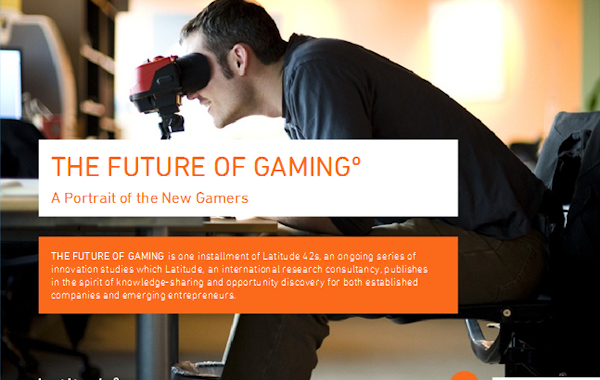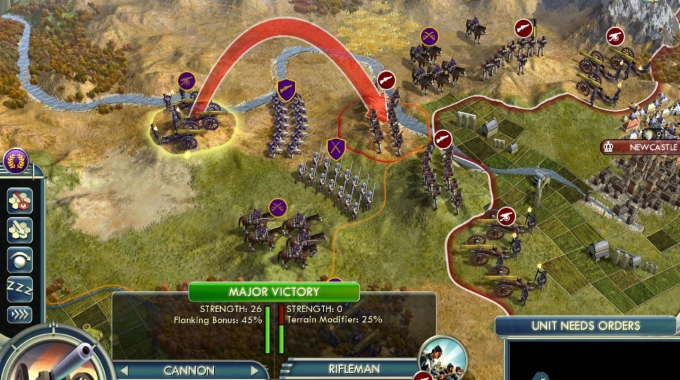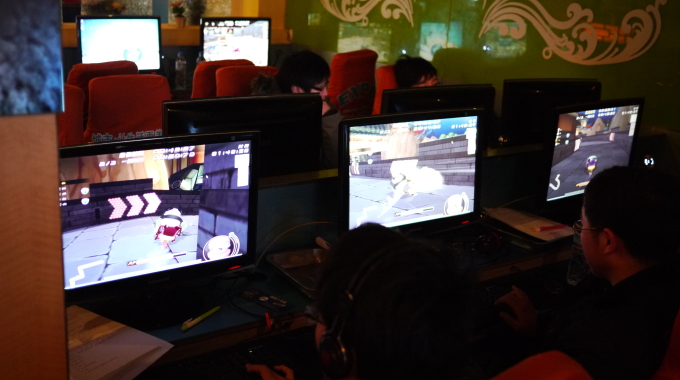Mobile UX Sharpens Usability Guidelines
Summary: Many guidelines are similar for mobile and desktop design, but their mobile interpretation is much more unforgiving.
My recent column Mobile Content: If in Doubt, Leave It Out advised site owners to eliminate secondary material when writing for mobile users. Many tweets, blog postings, and other comments on the article all expanded on this theme: Yes, do cut the fluff from mobile content, but also cut secondary content when writing for desktop websites.
In one way, I can only agree. Since 1997, conciseness has been a key guideline when writing for the web. People don’t read a lot on the web and leave in a few seconds if a site doesn’t communicate its value clearly. These findings lead to more detailed guidelines, such as emphasizing the first 2 words of nanocontent (e.g., headlines and search engine links).
So yes, cut the blah-blah from your desktop site.












